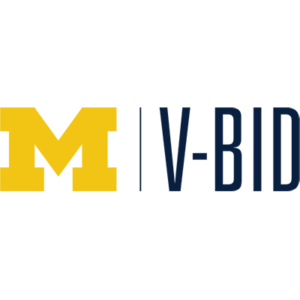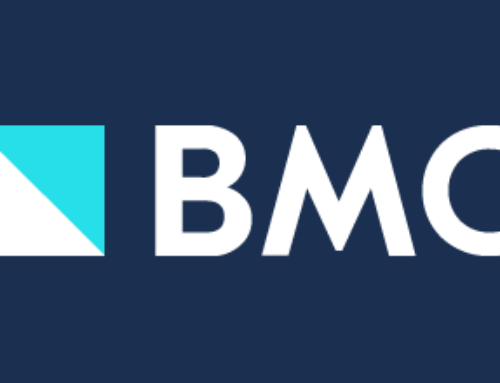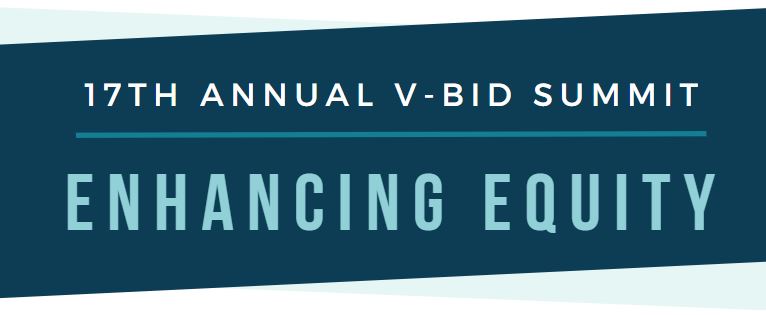
On March 23, 2022, the University of Michigan V-BID Center will hold the virtual V-BID Summit from 12 noon – 4 pm ET. An extraordinary roster of national leaders from across the health care spectrum will guide discussions on a number of topics with an emphasis on advancing equity in healthcare. Register now for this no-cost event.

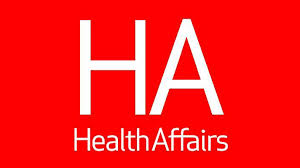
CMS Innovation Center Launches New Initiative To Advance Health Equity
Following an in-depth review, CMS has designated health equity as a primary objective for the next decade. A recent Health Affairs Forefront by Dr. Dora Hughes, Chief Medical Officer at the CMS Innovation Center, breaks this down into 4 key areas: develop and modify models to promote equitable care, increase participation of safety net providers, increase collection and analysis of equity data, and monitor and evaluate models for health equity impact.
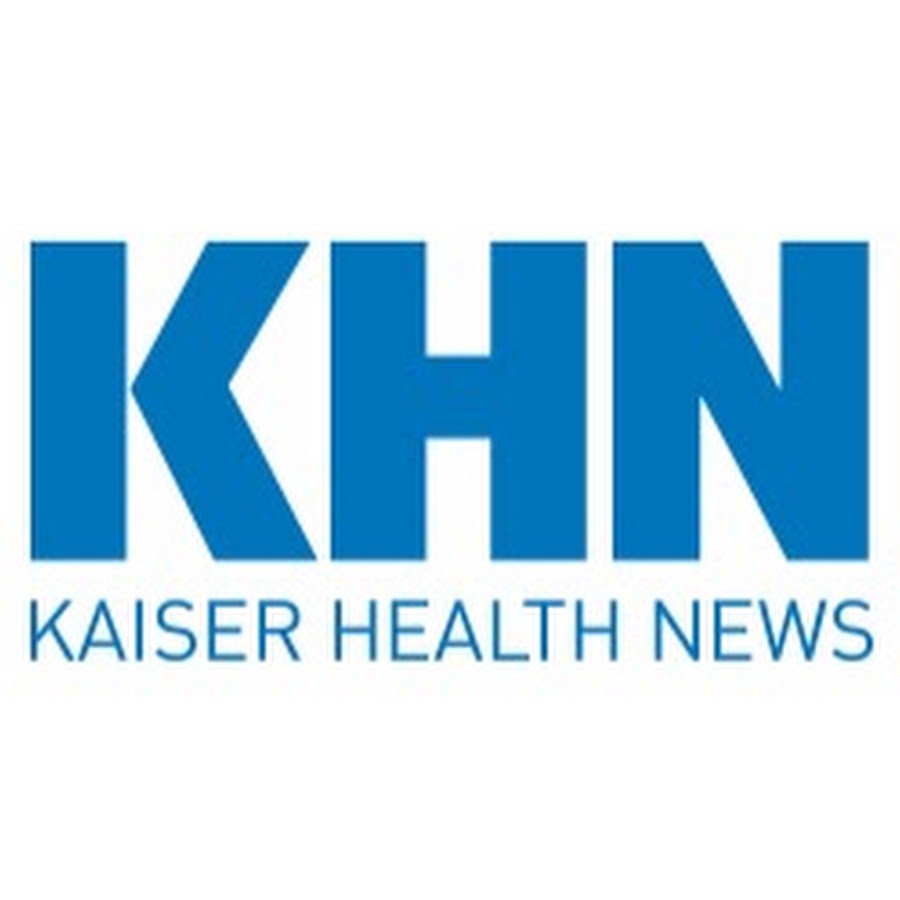
HIV Preventive Care Is Supposed to Be Free in the U.S. So, Why Are Some Patients Still Paying?
A recent KHN article discusses a continued pattern among health insurers of noncompliance with ACA-mandated coverage of PrEP care costs. Confusing drug formularies and misleading billing statements are highlighted as areas to address.


V-BID Noted as Strategy to Enhance Coverage for Blood Pressure Monitoring Devices
Research published in the American Journal of Hypertension points to value-based insurance design as a potential solution for current barriers in lowering blood pressure and improving control in persons with hypertension. The implementation of a VBID-X model plan, which includes blood pressure monitors on its high-value service list, would increase access to high-value care, promote efficient expenditures, and lower premiums. Read more here.

Insured but not Protected: Time to Eliminate Cost-Sharing for Trauma Care
According to a recent editorial by Dr. John Scott, patients admitted to the hospital for traumatic injuries face thousands of dollars in out-of-pocket costs, and cascading effects result in catastrophic financial strain. To mitigate this, authors suggest the elimination of cost-sharing for trauma care through alternative payment models such as value-based insurance design.
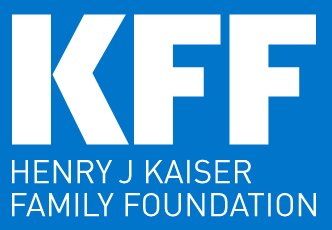
Analysis: The Burden of Medical Debt in the United States
In order to understand how many Americans have medical debt and how much they owe, a new brief from the Kaiser Family Foundation analyzes data from the 2020 Survey of Income and Program Participation. Key findings are included below:
- People in the U.S. collectively owe at least $195 billion in medical debt
- 1 in 10 adults owe medical debt
- 11 million owe more than $2,000
- 3 million people owe more than $10,000
- Black adults, those in poor health, and people living with disabilities are most likely to carry significant medical debt
- People ages 35-49 (11%) and 50-64 (12%) are more likely than other adults to report medical debt
Adults who were uninsured for more than half of the year are more likely to report medical debt (13%) than those who were insured for all or most of the year

Many Households Do Not Have Enough Money to Pay Cost-Sharing in Typical Private Health Plans
A new KFF analysis examined data from the 2019 Survey of Consumer Finances in order to understand whether people can afford to pay cost-sharing amounts typical in private insurance plans. Results show that most households’ savings are less than the maximum out-of-pocket limit allowed for most private plans, and that lower-income households have less savings than the typical deductibles seen in employer-plans.
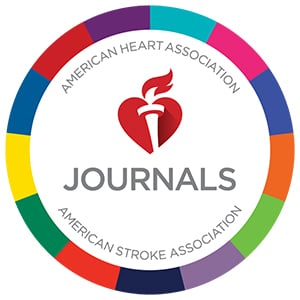
American Heart Association Proposes Solution for Low-Value Cardiovascular Care
AHA has released a scientific statement that addresses the prevalence of low-value cardiovascular care, examines current interventions to reduce this care, and proposes potential solutions. A summary of the findings includes strategies to reduce low-value care for patients, health care professionals, payers, and policy leaders. Learn more about how to eliminate low-value care here.


American Benefits Podcast: Still V-BID - Chronic Disease and the Drive to Health Care Value
Episode 37 of the American Benefits Council podcast featured authors of a recent study on employer uptake of pre-deductible chronic care services. Smarter deductibles, a key concept of the discussion, could mitigate cost-related non-adherence, enhance patient-centered outcomes, and allow for lower premiums. Read more here.
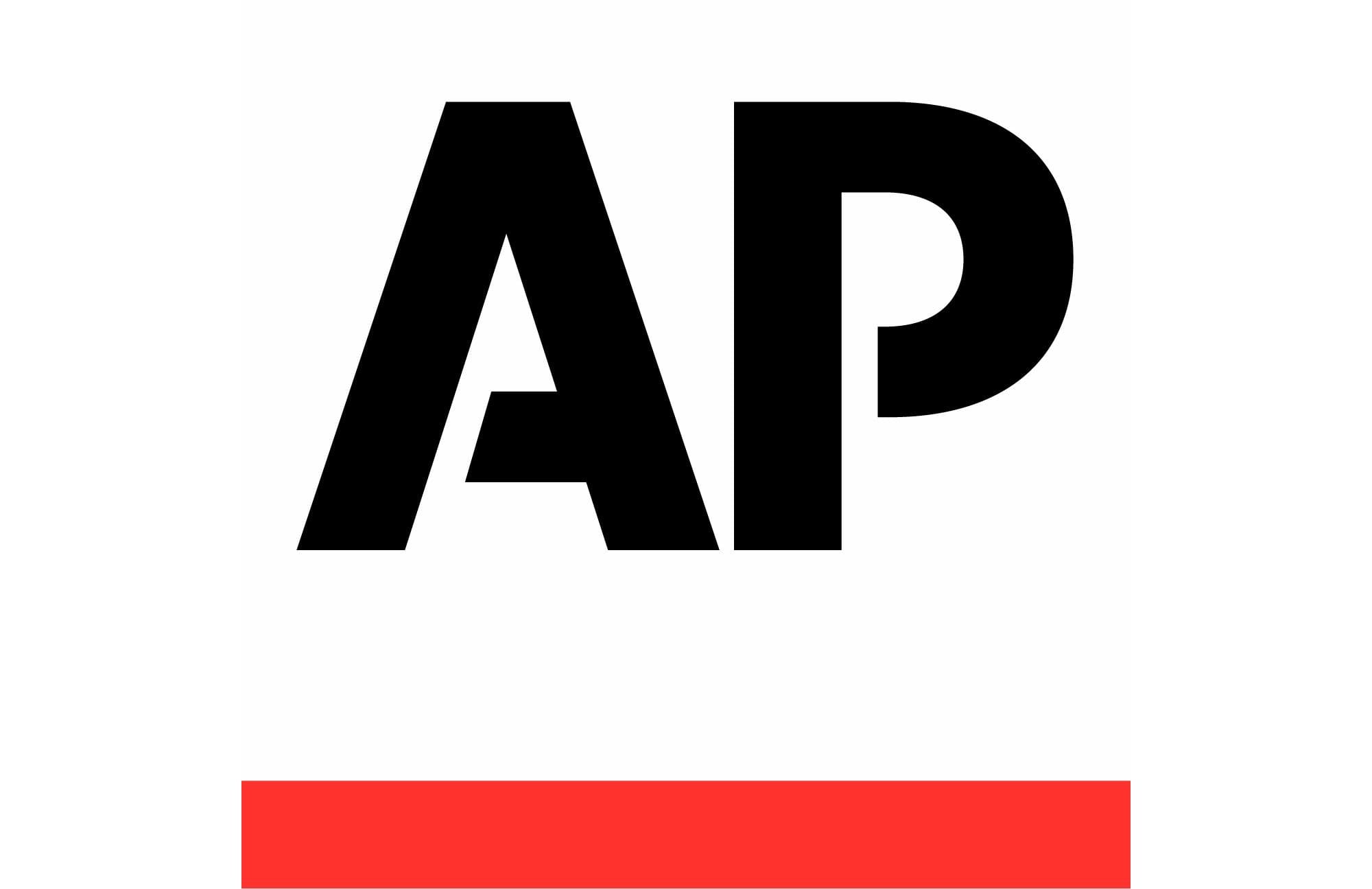
Limits on Insulin Costs Revived in Push for Senate Action
A $35 insulin copay cap, incorporated into Medicare Part D Senior Savings plans in 2021, is gaining broader traction in Congress. A recent bill from Sen. Raphael Warnock (D-GA) reintroduces the $35 monthly copay cap for patients covered by private insurance and those on Medicare. A similar bill is being developed by Sen. Susan Collins (R-ME) and Sen. Jeanne Shaheen (D-NH) that targets uninsured patients. Read more here.
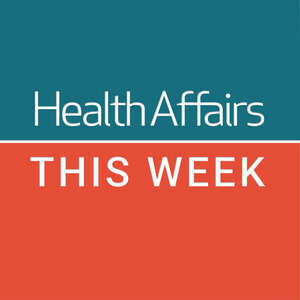
Mike Chernew On Payment Reform: From Direct Contracting To ACO REACH
On last week’s Health Affairs podcast episode, Mike Chernew and Chris Fleming came together to discuss the recently redesigned CMS direct contracting model (ACO REACH) and how Medicare Advantage could be improved.
Please Help Support the V-BID Center
As a non-profit entity, the V-BID Center relies on fundraising to support our research, education, and policy efforts. Please help us continue our work by donating here. We truly appreciate your consideration.


